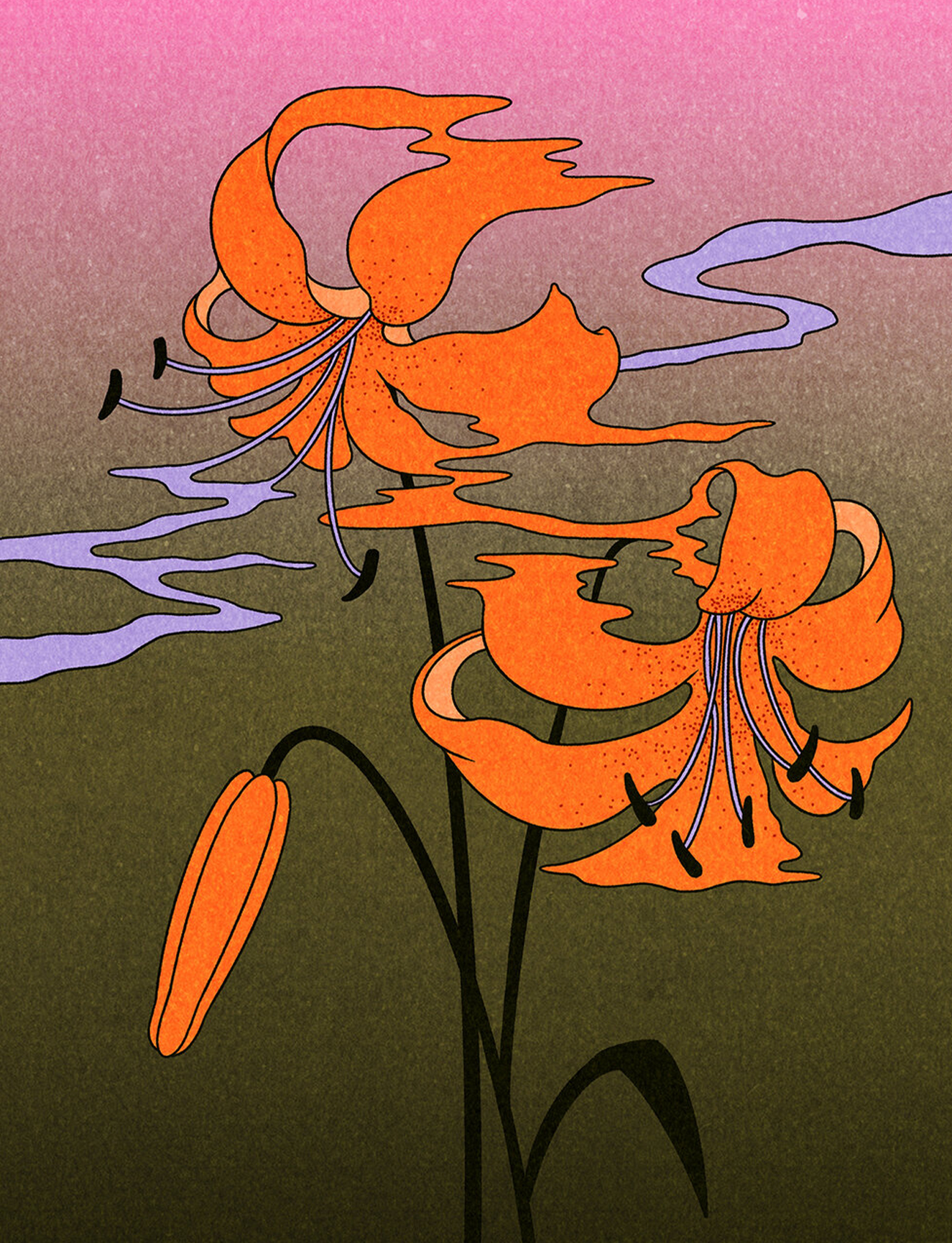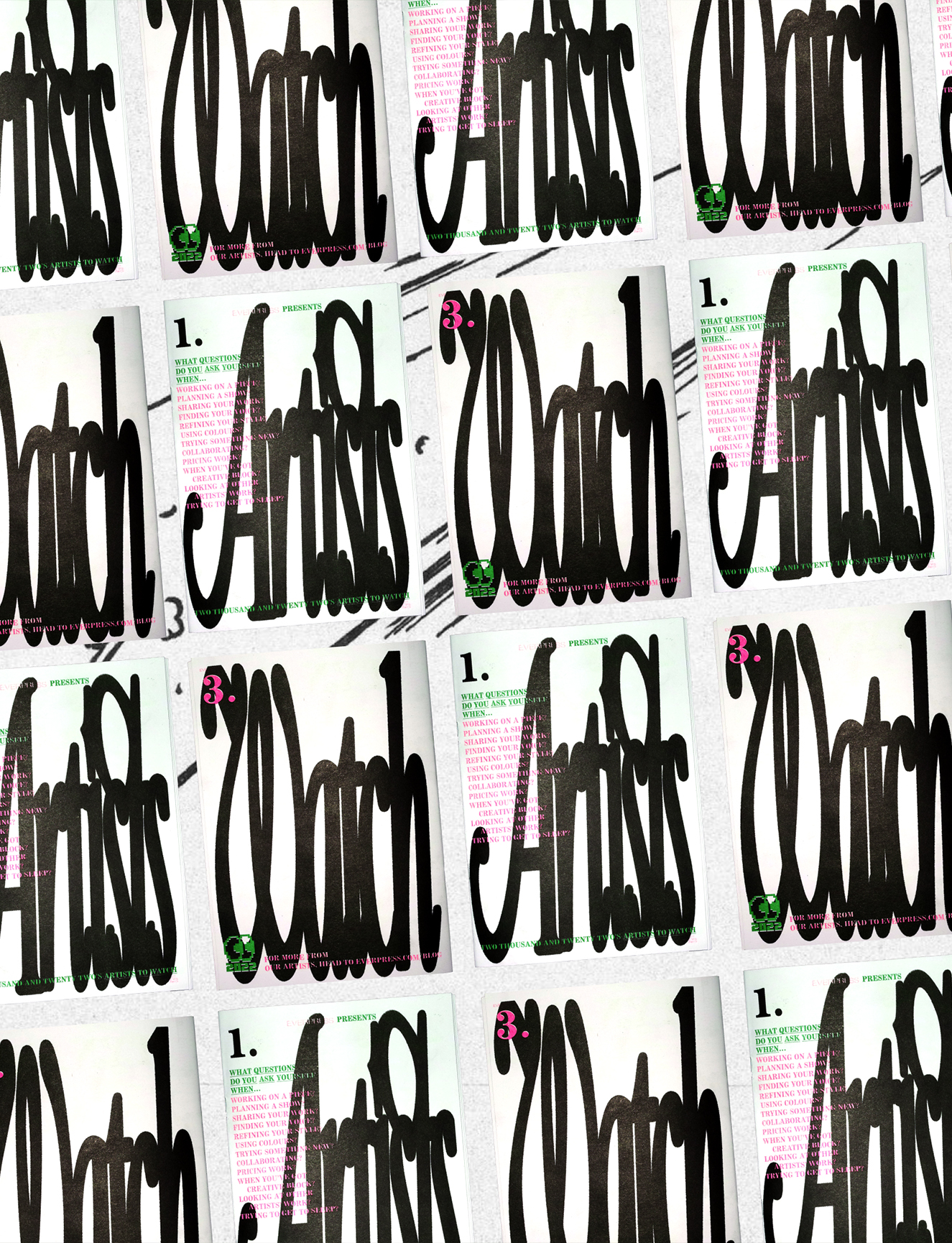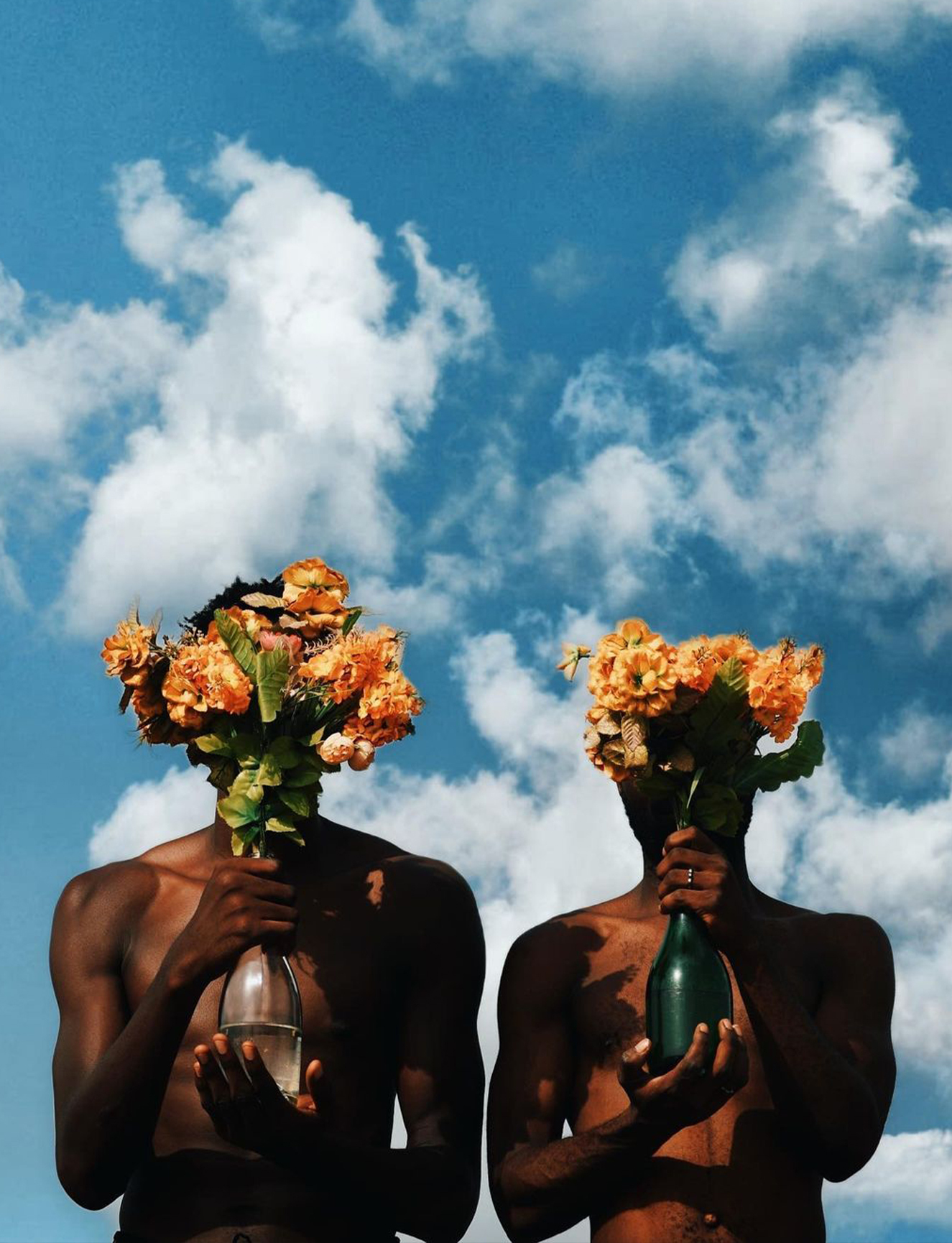What was your route to becoming an artist?
I always really liked to draw when I was young, and both my parents were very creative, but that was more to do with their hobbies. My dad, who is a chemical scientist, is really into Chinese calligraphy, and my mum, a nurse, has always pursued activities like gardening and crafts like jewellery-making. So I think that from a young age, they noticed that and nurtured that.
So I took a lot of art classes growing up, liked to draw, and a lot of making things. But I didn’t actually study art or design in school. I went a much more practical route, because I wasn’t sure how viable it was as a career. I went into communications; advertising is what I studied, at The University of Texas at Austin. Then when I graduated in 2009 it was recession time, and I was lucky to find a few opportunities in New York. So I started working in branding campaigns, packaging, that kind of thing, and I learnt on the job. It was a slight shift, in school I had an advertising portfolio, so it was mostly ads, and I moved a little more into graphics.
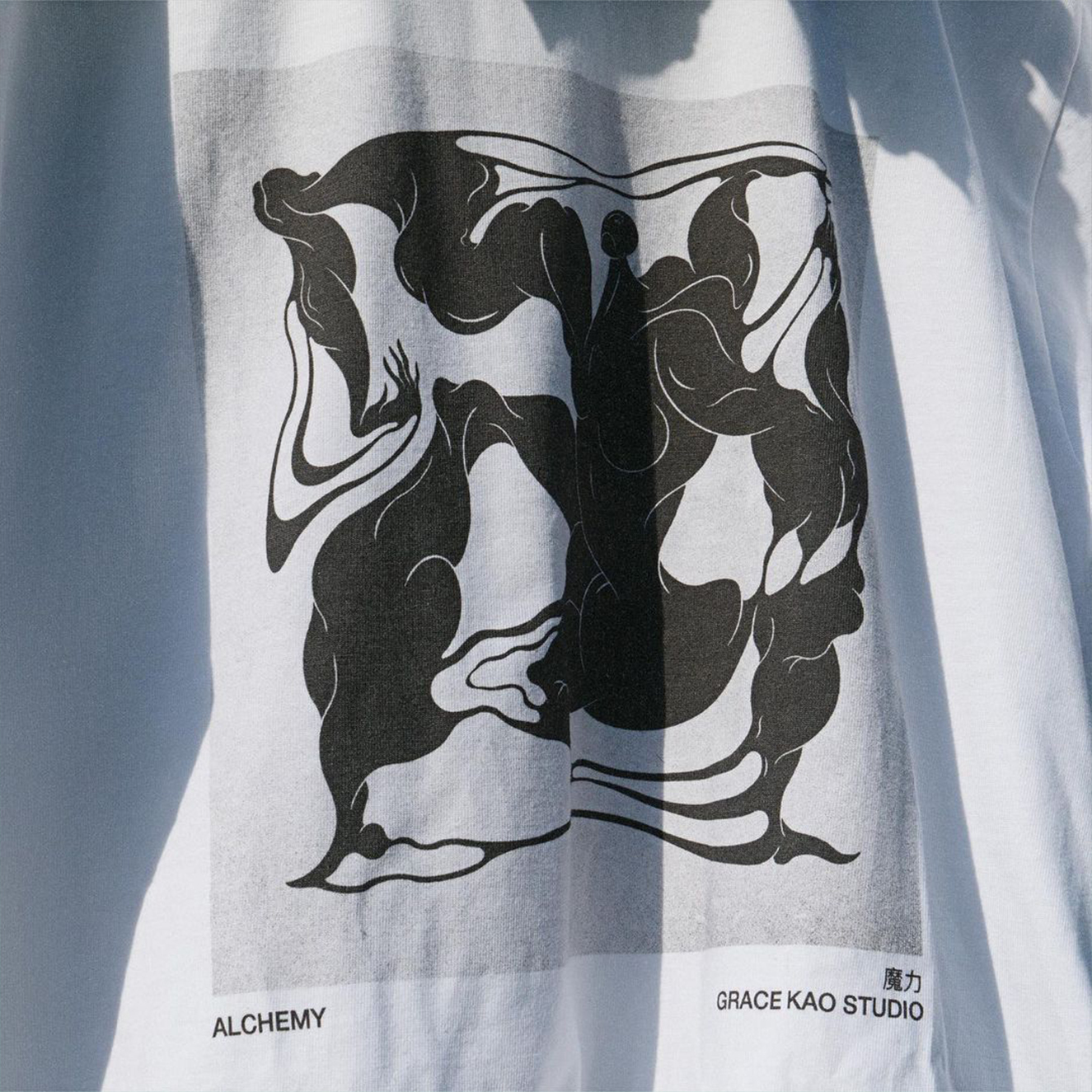
How did you make that leap from the more corporate work you were doing to then, to being an artist?
I feel like that’s more recent, and I’m still not completely removed from that world. I still provide freelance graphic design for a lot of studios, and some allow you to do more illustrative projects too, which is fun. During COVID a lot of people felt burnt out, and I think I was one of them. I left my full-time job, and from 2021 I started freelancing, alongside pursuing my own projects. When I was full-time I felt very creatively spent, I didn’t have any mental space for my own projects or my own creativity. When I stepped into freelancing, I could suddenly have more autonomy over my time, my schedule, and the sorts of projects I take on. I would say that’s when I started to figure out what I want to do. To be honest, I’m still figuring that out. I definitely don’t have all the answers, of what projects I should pursue.
I am pretty free-flowing
As a freelancer, there are times where you’re more focused on generating revenue and putting that towards other passion projects. Then there are times where you have more time and space just to have fun, and return to the joy of making. I would say I am pretty free-flowing. I don’t schedule everything to a T, I like to see what opportunities come if it works out, and if it doesn’t then I just move on to something else.
When do you feel most creatively satisfied?
There’s something exciting about the beginning stage. When you’re researching at the start of working on a project, there are a lot of possibilities. It’s very open, there are multiple ideas you can explore. I’m very drawn to colour, and I tend to approach projects with colour in mind, sometimes as a design element first. I like looking at things for inspiration, and I like combining weird things together to make something else that I think is cool. The end, also, is obviously satisfying, because once you go through the whole process it can be very satisfying to see it complete. It’s like a roller coaster.
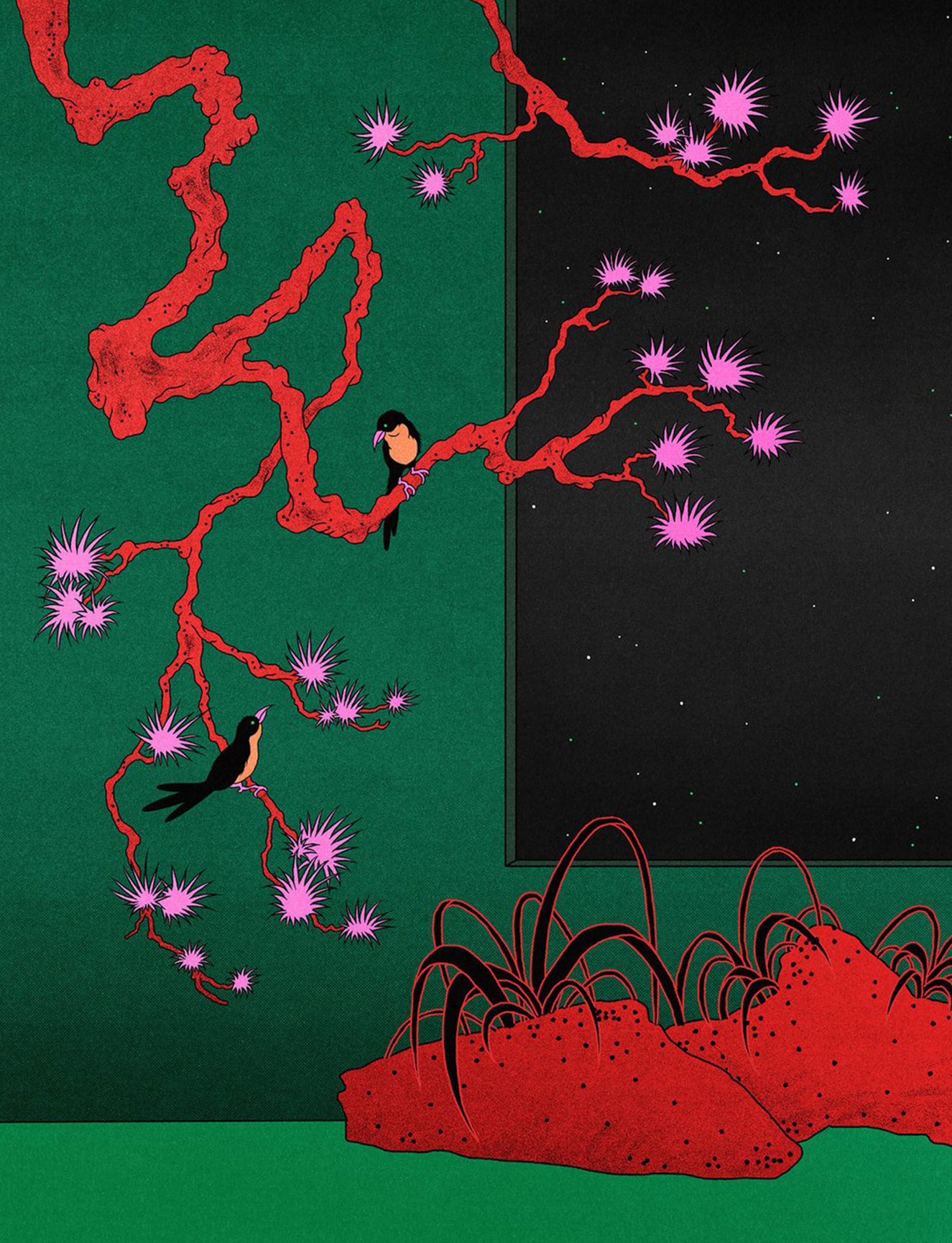
When do you think the worst part of making something is?
The worst is the process. It’s kind of up and down. First, you’re excited, and then you revisit it maybe the next day or a little later and you’re like, “Okay, what was I thinking? That was a dumb idea.” Then maybe you’ll park it for a while, then come back and realise, “Oh, it’s not that bad. Why did I drop this and then pick it back up again?” I think I have a healthy sense of doubt and the need to question what I’m doing.
How easy do you find it to persevere through something you’re working on?
It depends on the project. For branding projects I definitely persevere, I think when there is another party involved I am very committed to getting the right solution, and arriving at something the client is happy with.
I have a healthy sense of doubt
Whereas for myself (and this is a problem I have that I’ve tried to work on), I feel that I have so many interests that I pursue, both hobbies and projects, that some of them don’t get finished. Some I will leave then pick up, months or years later even, and I would say that I am less successful at persevering to a finish point with my own projects. I think in part this is because I can be very self-critical, and coupled with that my mind likes to jump from one thing to the next. In general I like a rotation of, “Oh, I’m working on this, and then I’ll stop work on this and move on to that.” Perseverance is definitely something I need to work on.
What is it like to pick up something a year later?
It’s mostly drawing that I do this with. Sometimes I have a series of drawings or collages that I can’t finish, and then I’ll have a sudden urge to do that again. I think it’s about missing the feeling of doing that project, so that I want to revisit it.
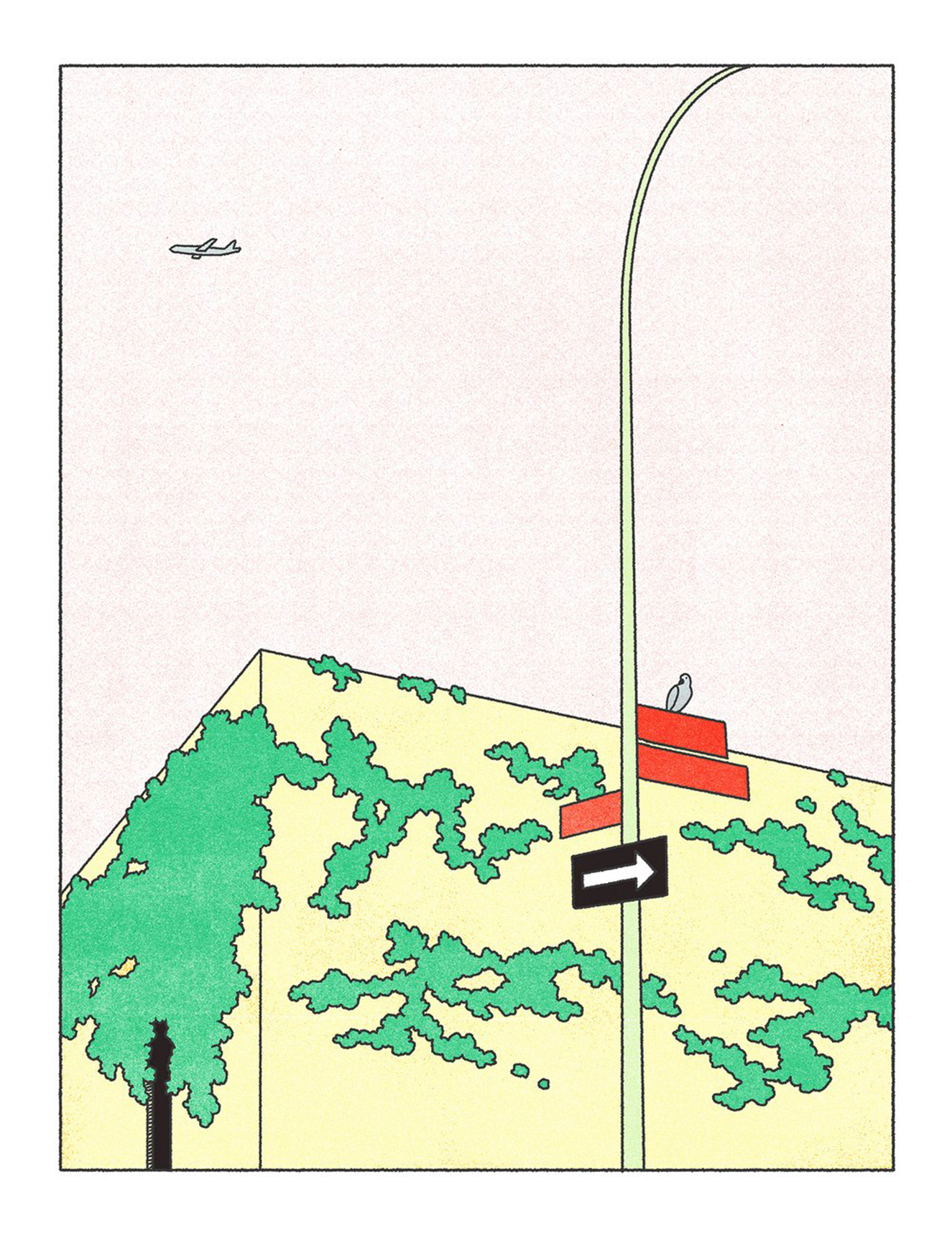
It sounds like you sometimes start things not really knowing what they’ll be, sometimes leave them, then find your way back to them. That seems like a nice way to work as an artist.
I think that goes along with my personality. I’m not not necessarily great at planning, but I like to see where something goes and be open to following where it takes me.
It sounds like you don’t tend to start things with a finished idea in mind. How do you know something that you’re working on is finished or has come to an end?
Sometimes I just have to say, “This is the stopping point. I have done what I can and now I’m going to move on to the next thing.”
What’s the worst advice you’ve ever gotten?
The worst professional advice I’ve ever gotten was when I worked as a full-time graphic designer. People stressed how important it was to ‘prove your worth’ or ‘go the extra mile’ which really meant staying late and putting in extra hours without extra pay. So I thought that was what you had to do to stand out and show your dedication in order to move up the ladder. I think that just led to burnout and a terrible work/life balance now that I look back on it.
I don’t blindly follow my dreams
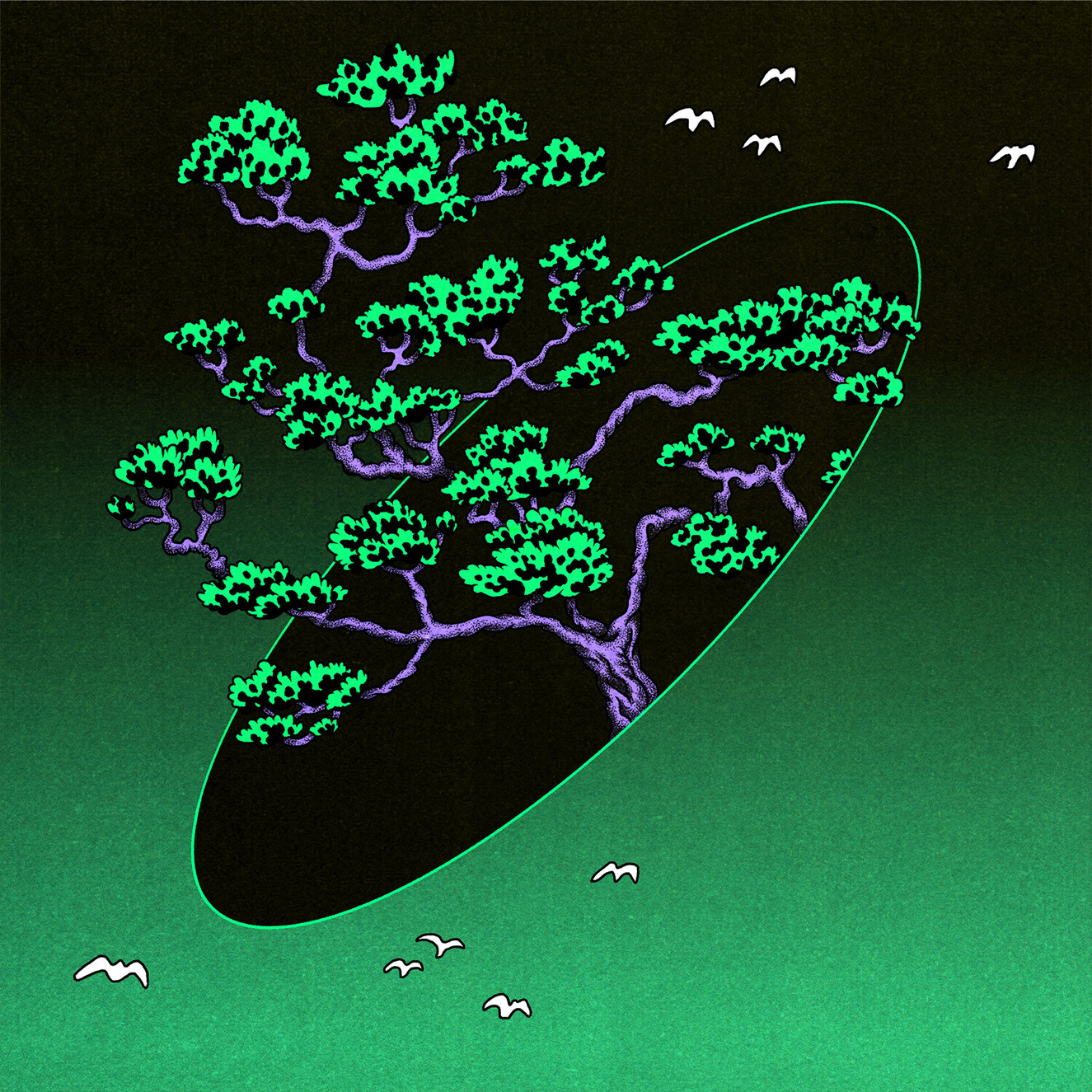
Then in terms of general life advice, platitudes like ‘follow your dreams’ bother me. I think it’s important to have dreams and passions and turn them into grand plans about what to do in life. But that’s different from having a strategy about how to achieve those goals, which means being realistic about your resources, network, etc. I don’t blindly follow my dreams, I lead myself through the process in steps and pivot if my circumstances or luck change. That said, when I’m working on my art, I do the opposite and allow myself to dream and wander. I’m probably contradicting myself, but I prefer to say that I’m balanced.
Do you feel that you’ve arrived as an artist?
No, I don’t feel that I’ve arrived. There’s always the next thing, or something else to continue on to. I feel that if you say to yourself, “I’ve arrived,” it brings this sense of complacency, and I don’t like to be complacent. I like to introduce a little bit of spontaneity, and a bit of calculated risk too, so that it keeps you challenged and keeps you going. I think that will continue even when I’m much, much older. It’s an important mindset.
Read More: Tatyana Alanis Tries Everything



